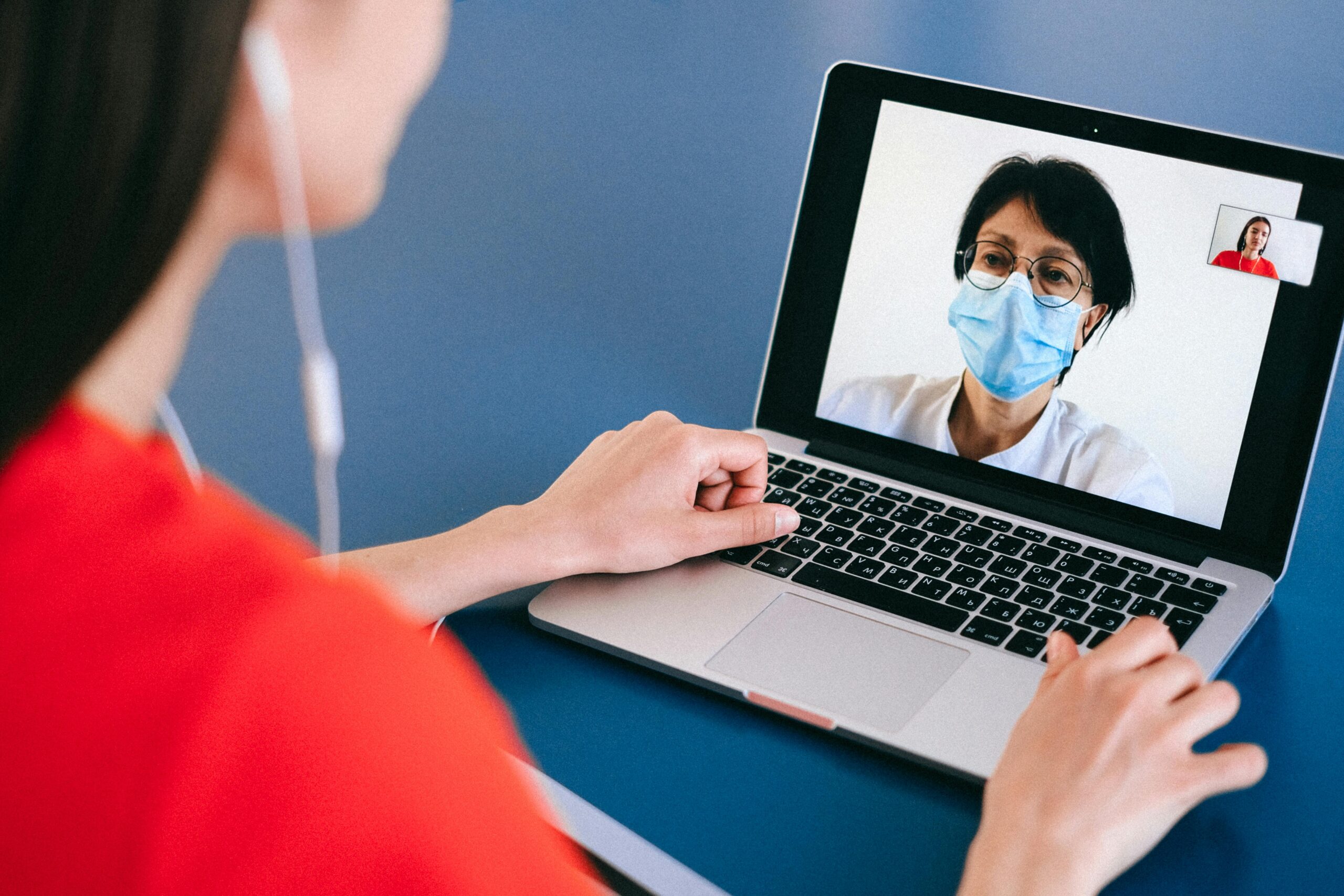Imagine being able to monitor your child’s health in real-time, right from your smartphone. Managing allergies, tracking sleep patterns, and keeping up with medications—all simplified by technology. For parents of young children, especially those with health concerns, this is becoming a reality.
The Evolution of Care Through Technology
Caregiving has always been a demanding role filled with challenges and uncertainties. With the advent of modern technology, parents now have powerful tools to assist them. The days of relying solely on handwritten notes and memory are fading. Instead, smart monitoring systems and digital health solutions are reshaping how we care for our families.
Understanding the Need for Digital Health Solutions
Recent studies by the American Academy of Pediatrics reveal that parents using digital health tools are 40% more likely to detect health issues early (American Academy of Pediatrics, 2023). Early detection can significantly improve treatment outcomes and enhance the quality of life for children.
Dr. Shazia Lutfeali from Cedars-Sinai emphasizes the importance of vigilant monitoring when introducing new foods to children. She advises, “As parents introduce babies to new foods, they should watch for a rash around the mouth or hives that develop on the face and neck within an hour after eating” (Cedars-Sinai, 2024). With food allergies on the rise, careful observation is more crucial than ever.
The Power of Digital Health Tracking
Real-Time Monitoring: A Game-Changer for Families
Modern health tracking has evolved beyond simple record-keeping. Today’s technology enables parents to monitor:
- Daily activities and routines
- Eating habits and potential allergic reactions
- Sleep cycles and quality
- Bathroom visits and hygiene practices
- Physical activity levels
- Vital signs and health metrics
By keeping a close eye on these aspects, caregivers can identify patterns and spot potential issues before they escalate. For example, noticing that a child consistently experiences discomfort after consuming a particular food can prompt timely consultations with healthcare providers.
The Rise of AI in Family Care
Artificial Intelligence (AI) is revolutionizing caregiving by providing insights that were previously unattainable. AI-powered tools can learn a child’s normal behavior patterns, detect anomalies, and alert parents to potential concerns. These smart systems can even provide predictive insights, helping caregivers make informed decisions.
A study published in the Journal of Pediatric Health Care found that families using AI-driven monitoring systems saw a 35% reduction in emergency room visits for children with chronic conditions (Smith & Lee, 2023). This significant decrease underscores the impact of technology in proactive health management.
Practical Applications of Care Technology
Allergy Management and Prevention
Food allergies affect approximately 6 million children in the United States (American College of Allergy, Asthma & Immunology, 2024). Managing these allergies requires diligent tracking and communication with healthcare providers. Digital tools can assist parents in:
- Systematically recording food introductions
- Logging reactions and symptoms
- Sharing detailed reports with doctors
- Creating personalized emergency action plans
For instance, apps can remind parents when it’s time to introduce a new food and prompt them to note any reactions. This systematic approach ensures that critical information is not overlooked.
Daily Care Coordination
Beyond allergy management, modern care platforms help streamline everyday tasks, including:
- Scheduling medication reminders
- Tracking developmental milestones
- Managing medical appointments
- Coordinating care among multiple caregivers
- Maintaining digital health records accessible to all involved parties
These tools reduce the cognitive load on parents, allowing them to focus more on their children’s well-being rather than administrative tasks.
The Human Element in Digital Care
While technology offers remarkable benefits, it’s essential to remember that it should complement, not replace, the human touch in caregiving. Personal interaction, emotional support, and physical presence are irreplaceable components of effective care.
Finding the Right Balance
When integrating technology into caregiving, consider:
- Privacy and security of health data: Ensure that the digital tools you use comply with data protection regulations and have robust security measures.
- Comfort level with technology: Choose user-friendly platforms that suit your proficiency level.
- Individual care needs: Tailor the technology to meet your child’s specific requirements.
- Family dynamics: Involve all caregivers in the decision-making process to ensure consistency.
By thoughtfully selecting and implementing digital solutions, families can enhance care without compromising personal connections.
The role of caregivers is evolving, with technology offering unprecedented support. By embracing digital health solutions, parents can enhance their ability to monitor and manage their children’s health, leading to better outcomes and greater peace of mind.
Tools like advoMedix, developed by companies like Digital Elevate Partners, exemplify the kind of innovation available to families today. These platforms aim to simplify caregiving by consolidating essential functions into user-friendly applications.
Remember, the goal is to find the right balance between technology and personal care. Every family is unique, and what works for one may not suit another. By staying informed and making thoughtful choices, caregivers can harness technology to support their vital role in their children’s lives.
References
- American Academy of Pediatrics. (2023). Digital Health Tracking and Pediatric Outcomes.
- Smith, J., & Lee, A. (2023). Impact of Wearable Technology on Pediatric Emergency Care. Journal of Pediatric Health Care, 29(4), 234-240.
- American College of Allergy, Asthma & Immunology. (2024). Children and Allergies Report.
- Cedars-Sinai Medical Center. (2024). Pediatric Allergy Management Guidelines.
- Johnson, K. (2023). Artificial Intelligence in Pediatric Preventive Care. JAMA Pediatrics, 177(5), 456-462.
- Asthma and Allergy Foundation of America. (2024). Using a Food Diary to Help Find Food Allergy Triggers.
(Note: This article is intended to provide general information and is not a substitute for professional medical advice. Always consult with a healthcare provider for advice concerning your child’s health.)




